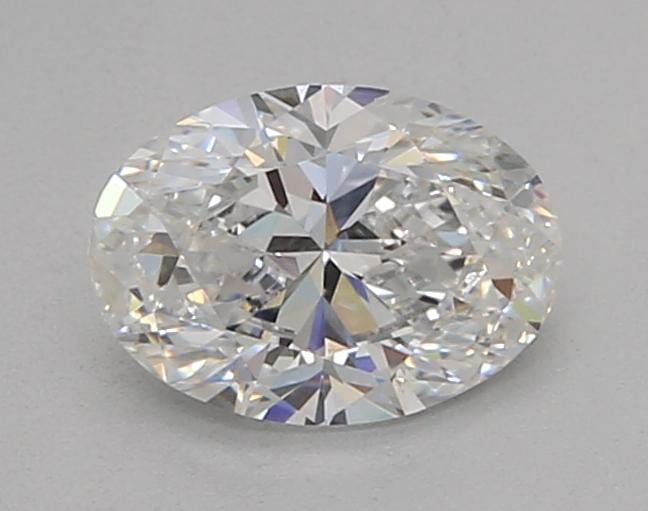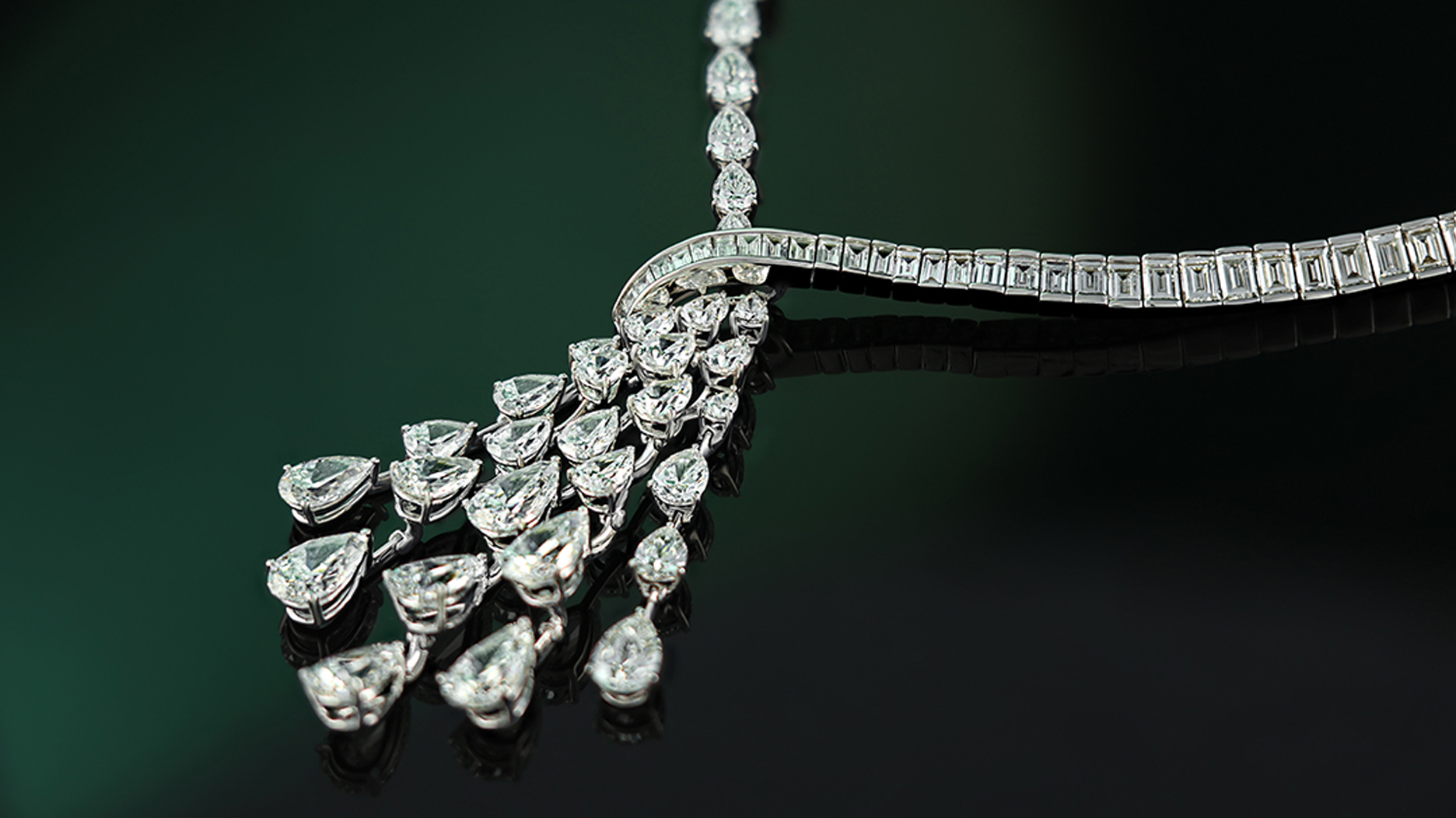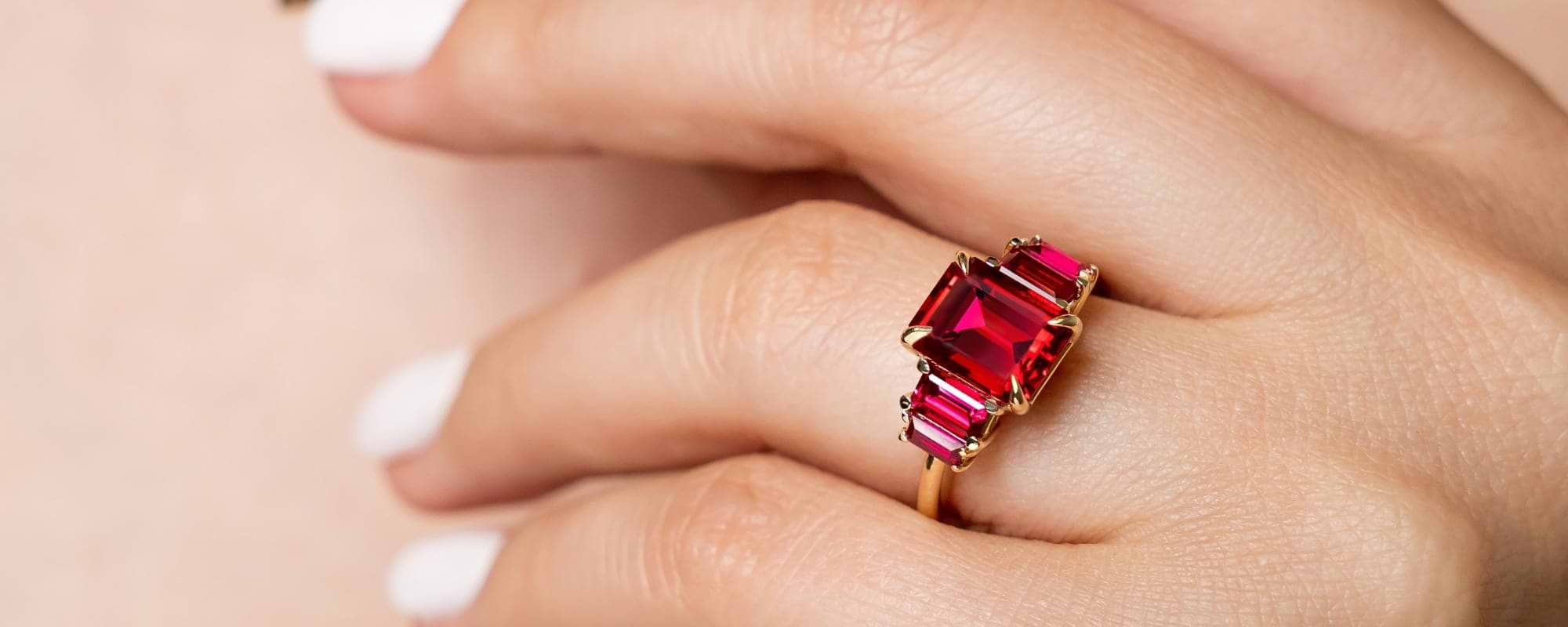With regards to selecting the ideal diamond, whether mined or lab grown, the 4Cs — Carat, Cut, Variety, and Lucidity — are fundamental rules that define its quality and worth. Understanding these factors can assist buyers with making informed choices while purchasing lab diamonds. This article will dive into every one of the 4Cs, highlighting their importance and how they apply explicitly to lab made diamonds.
1. Carat: The Heaviness of the Diamond
Understanding Carat Weight
Definition: The carat estimates the heaviness of a diamond. One carat is identical to 200 milligrams. Bigger diamonds are rarer and frequently more important.
Buyer Contemplations: While carat weight is significant, offsetting size with the other Cs is pivotal. A proportional diamond might seem bigger than its real weight because of its cut and shape.
Lab Diamonds and Carat Weight
Lab grown diamonds are available in an extensive variety of carat loads, offering choices for different financial plans. With headways in innovation, purchasers can frequently obtain bigger stones at similar cost as more modest mined diamonds.
2. Cut: The Diamond’s Brightness
Meaning of Cut
Definition: The slice alludes to how well a diamond has been molded and faceted. It influences how light interacts what matters in the diamonds 4cs, affecting its radiance and splendor.
Grading: The cut is evaluated on a scale from Brilliant to Poor. A very much cut diamond will show unrivaled fire and scintillation.
Cut in Lab Diamonds
Lab diamonds are fastidiously created using cutting edge innovation, ensuring exact cuts that augment their splendor. Purchasers ought to focus on cut quality while selecting lab grown diamonds, as this straightforwardly influences their visual allure.
3. Variety: The Tint of the Diamond
Understanding Diamond Tone
Variety Grading: Diamonds are evaluated on a scale from D (lackluster) to Z (light yellow or brown). The less variety present, the more important the diamond.
Shopper Inclinations: Numerous buyers favor dreary diamonds, as they take into consideration most extreme light reflection and splendor.
Lab Grown Diamonds and Variety
Lab grown diamonds can accomplish different tones through controlled development conditions. This implies buyers can find lovely dismal stones or pick extravagant shaded lab diamonds, which are becoming increasingly well known.
4. Clearness: The Virtue of the Diamond
Defining Clearness
Clearness Grading: Lucidity alludes to the presence of internal or outer imperfections (inclusions and flaws). Diamonds are reviewed from Immaculate (no inclusions apparent under 10x amplification) to Included (inclusions noticeable to the unaided eye).
Influence on Worth: For the most part, diamonds with higher lucidity grades are more important because of their unique case.
Lucidity in Lab Diamonds
Lab grown diamonds regularly show higher clearness than numerous normal diamonds. The controlled climate wherein they are made lessens the probability of inclusions, allowing for the creation of uncommonly clear stones.
Conclusion: Prioritizing the 4Cs in Lab Diamonds
While choosing lab diamonds, understanding the 4Cs — Carat, Cut, Variety, and Lucidity — is imperative for making an informed buy. Every one of these factors adds to the general excellence and worth of the diamond:
- Carat: Think about your ideal size and financial plan.
- Cut: Focus on the nature of the cut for greatest splendor.
- Variety: Conclude whether you lean toward boring or hued diamonds.
- Lucidity: Go for the gold for a clearer, more lovely stone.
By focusing on the 4Cs, shoppers can without hesitation select lab grown diamonds that meet their esthetic cravings and ethical standards, ensuring a meaningful buy that mirrors their qualities.







More Stories
How to Attract and Retain Top Talent in the Construction Sector
The Babysitter Guide Expert Care, Every Time
How to Sell Gold Bangles in Melbourne: A Comprehensive Guide